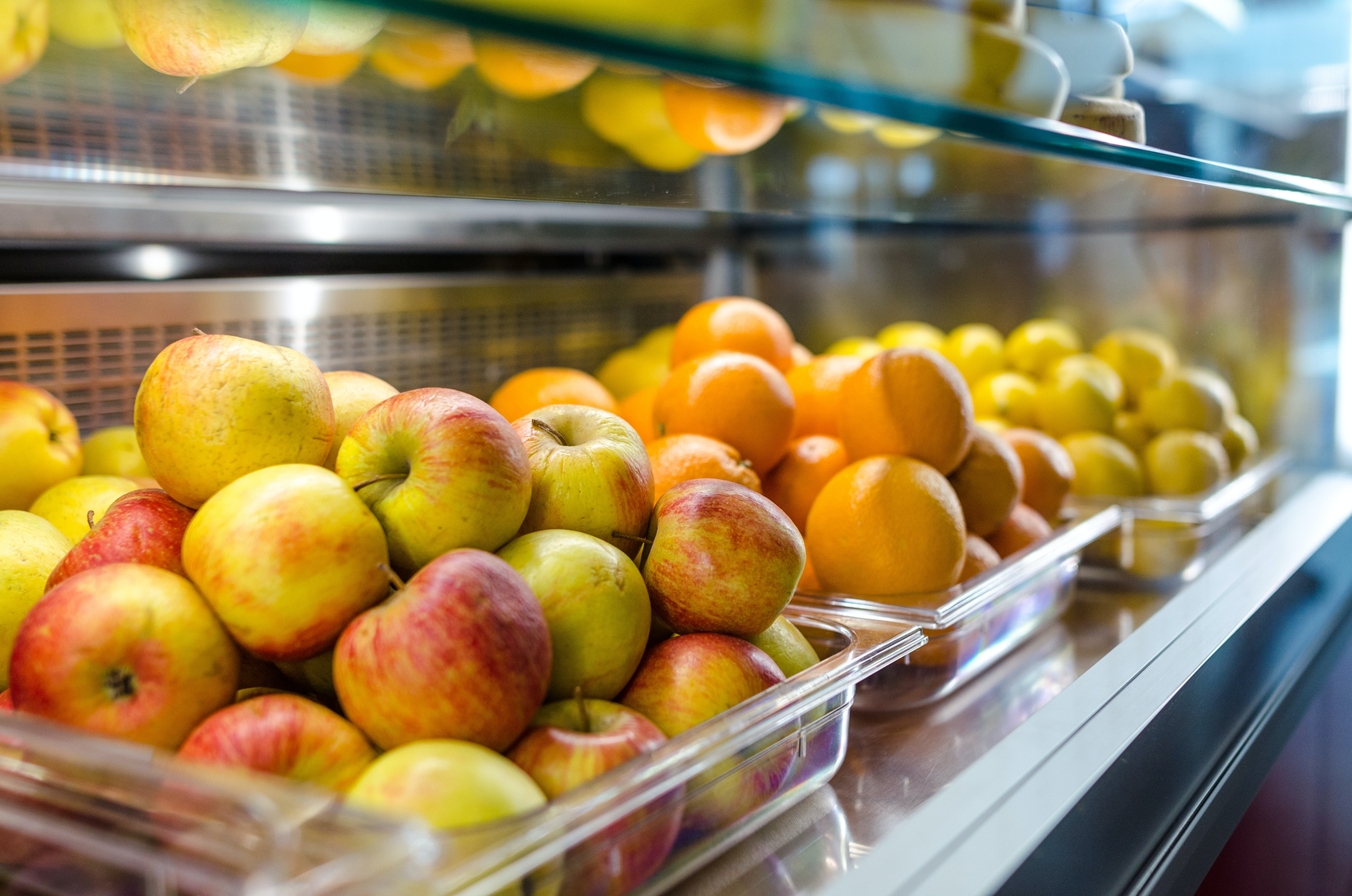This post may contain affiliate links which means Healthy-Life365.com may receive a commission for purchases made through links. We will only recommend products that meet our standards. Learn more on the Policy page.

Fruits are nature’s candy – delicious, nutritious, and the perfect snack. However, storing different types of fruit can be a bit of a challenge. Each fruit has its own unique properties that require specific storage techniques to maintain its freshness and prevent spoilage. In this blog post, we’ll look at the best ways to store different types of fruit, including pineapple, apples, oranges, kiwis, bananas, and even strawberries.
The Pineapple Predicament: To Refrigerate or Not to Refrigerate?
Pineapple is a tropical fruit that’s packed with vitamins, minerals, and antioxidants. When it comes to storing pineapples, the key is to wait until they’re ripe before refrigerating them. If you refrigerate a pineapple that’s not yet ripe, it can actually slow down the ripening process and make the fruit less sweet. Once your pineapple is ripe, store it in the refrigerator to keep it fresh for up to five days. If you’ve already cut the pineapple, store it in an airtight container in the refrigerator for up to three days.
An Apple a Day Keeps the Spoilage Away
Apples are one of the few fruits that can be stored for an extended period of time. To keep your apples fresh, store them in a cool, dark place away from other fruits. Apples release a gas called ethylene that can cause other fruits to ripen and spoil faster. To prevent this, keep your apples in a separate compartment or in a paper bag. You can also refrigerate your apples to extend their shelf life.
Orange You Glad You Read This?
Oranges are a citrus fruit that are packed with vitamin C and antioxidants. When it comes to storing oranges, it’s best to keep them at room temperature. However, if you prefer your oranges cold, you can refrigerate them. Just be sure to keep them away from other fruits to prevent spoilage. If you’ve already peeled your oranges, store them in an airtight container in the refrigerator for up to three days.



Kiwi Keepin’ It Fresh: Storage Tips for This Fuzzy Fruit
Kiwi is a small, fuzzy fruit that’s packed with fiber, vitamin C, and potassium. When it comes to storing kiwi, it’s best to wait until they’re ripe before refrigerating them. Once your kiwi is ripe, store it in the refrigerator to keep it fresh for up to three days. If you’ve already cut your kiwi, store it in an airtight container in the refrigerator for up to two days.
Going Bananas Over Storage: Keep Your Yellow Friends Fresh
Bananas are a popular fruit that are rich in potassium and fiber. When it comes to storing bananas, it’s best to keep them at room temperature until they’re ripe. Once your bananas are ripe, you can refrigerate them to extend their shelf life. However, the skin of the banana may turn brown in the refrigerator, but the fruit inside will remain fresh.
Don’t Be a Berry Fool: Tips for Sweet Strawberries
Last but not least, let’s talk about strawberries. These sweet, juicy berries are a favorite among many, but they can be a bit tricky to store. To keep your strawberries fresh, it’s best to remove them from their container and store them in a single layer on a paper towel-lined plate. Be sure to rinse them thoroughly before storing. Strawberries should be kept in the refrigerator and eaten within two to three days for optimal freshness.



Conclusion:
Proper fruit storage can mean the difference between a delicious snack and a disappointing one. By following these tips, you can keep your favorite fruits fresh and tasty for longer periods of time. Remember, each fruit has its own unique storage needs, so it’s important to pay attention to the details. From pineapples to strawberries, there’s a method to storing each fruit that will keep them juicy and delicious.
In addition to following these storage tips, it’s also important to pay attention to the quality of your fruits before purchasing them. Look for fruits that are firm, without any bruises or soft spots. This will ensure that your fruits are at their best when you’re ready to enjoy them.
So next time you’re at the grocery store or farmer’s market, keep these tips in mind. Your taste buds (and your wallet) will thank you for it.
This post may contain affiliate links which means Healthy-Life365.com may receive a commission for purchases made through links. We will only recommend products that meet our standards. Learn more on the Policy page.




